How ‘food security’ is quickly becoming national security
sdg02-zero-hunger
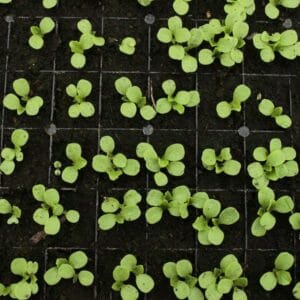
How ‘food security’ is quickly becoming national security
Daniel Sarewitz, editor-in-chief of Issues in Science and Technology, moderated a webinar to discuss the weaknesses in our food supply systems and the future threats the country faces as we work to strengthen those systems.

Video: Environmental Humanities Initiative distinguished lecture with Elizabeth Hoover
A recording of the Environmental Humanities Initiative’s 2020 distinguished lecture with Elizabeth Hoover is now available, along with a video of the lecture discussion, at the Institute for Humanities Research YouTube channel.
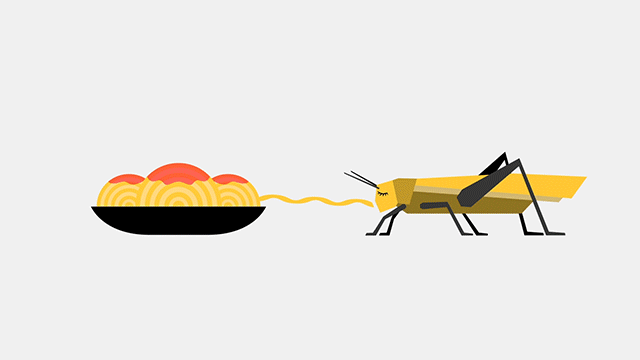
Like marathon runners, locusts carbo-load before a long journey
According to a new study from ASU’s Global Locust Initiative scientists, they do it for the same reason humans do. Read the abstract of this new paper published Aug. 2 in the Journal of Animal Ecology.

Center for Global Health research focuses on food insecurity during crisis
The center identifies a key theme each year, one that they believe can reinvent and reimagine global health. This year’s focus is on the human experience of food insecurity, and how it is worsened by illness and other crises.
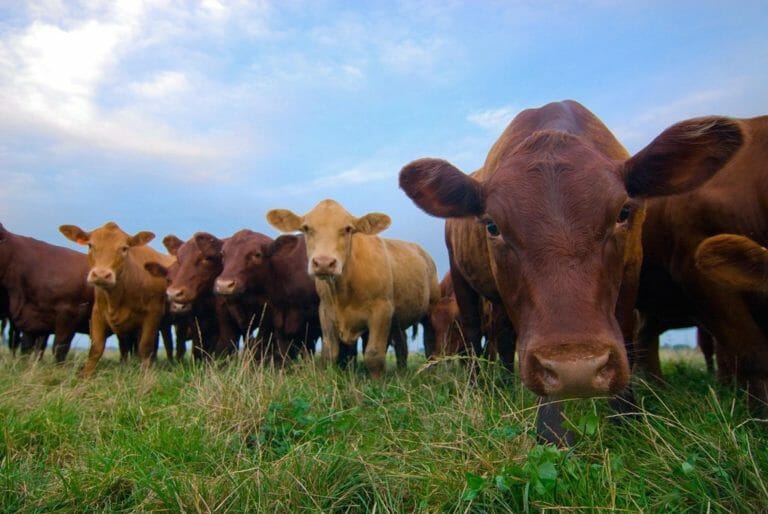
Byck documentary series Carbon Cowboys hits the web
In his series, Byck details the farming technique known as regenerative grazing, which involves quickly rotating cattle from pasture to pasture, before they can damage the land.
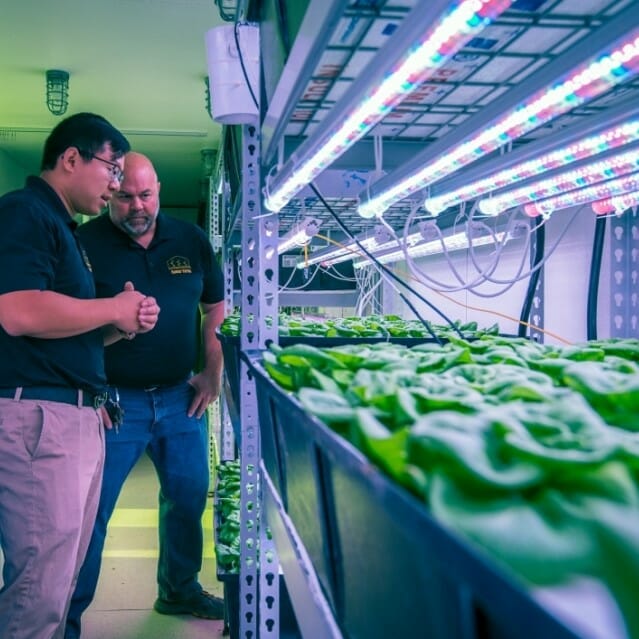
Welcome to vertical farming
Experts are in agreement that one of the most effective ways to combat climate change is through an overhaul of our food system. Arizona State University chemistry instructor Zhihao Chen
MSUS student travels to Senegal to help workshop locust booklets
This article was written by William H. Walker VI, a sophomore in the School of Sustainability. Edited December 2, 2020 by Alana Burnham. From left to right: Team members Fatou
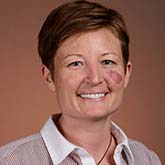
NSF CAREER awarded to Arianne Cease
Most CAREER awards are given on second or third submissions. For Cease, the third submission was the charm. Junior faculty interested in applying for a CAREER award should contact the Global Futures Laboratory Research Development Office.
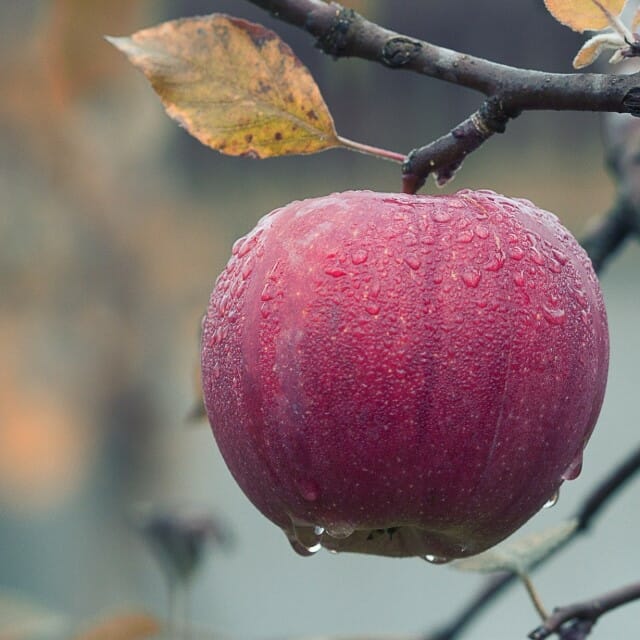
ASU professors contribute to federal food waste report
The research shows that the entire food chain is fraught with unpredictability, from how much it rains to how many farm workers show up for harvest, to which apple will be plucked from the bin.
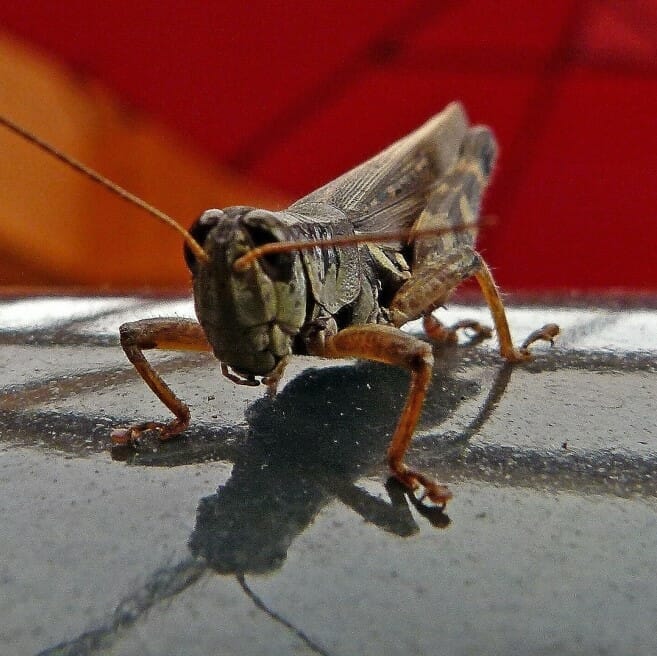
Locust plagues are devastating countries across Africa
Right now, there are hundreds of billions of locusts wreaking havoc on vegetation across Africa. Experts are sounding the alarm, including United Nations humanitarian chief Mark Lowcock, who said the
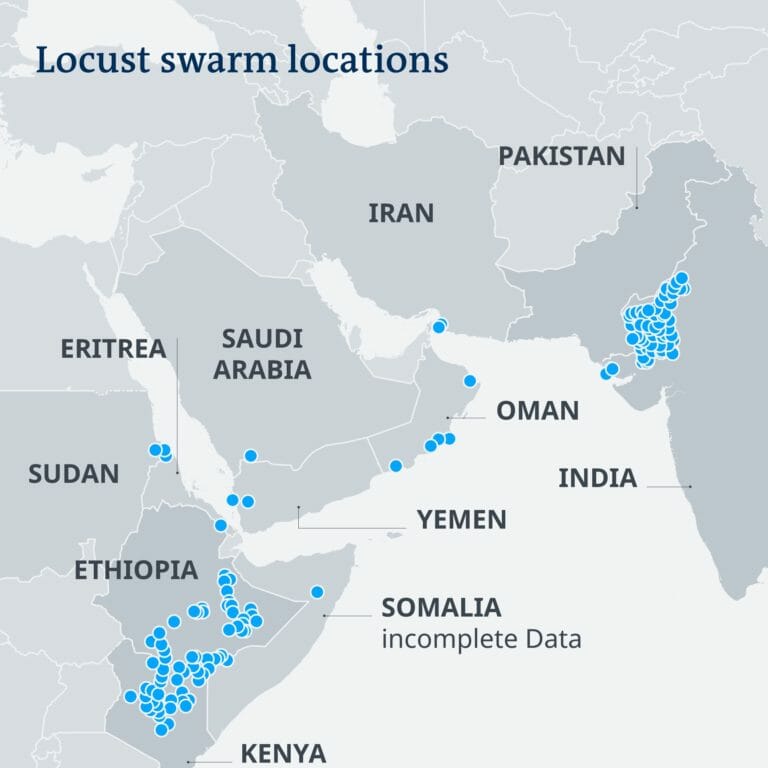
Current locust swarms emphasize the importance of GLI researchers
Pakistan. Somalia. Ethiopia. Kenya. Locust swarms of near biblical proportions are currently wreaking havoc across a wide swath of southwest Asia and east Africa. According to the United Nations, the

The wisdom of indigenous foodways
To equitably transform our food systems and tackle climate change, we must include indigenous voices and decision-makers. That’s why the 2020 Food Tank Summit, co-sponsored by ASU’s Swette Center for Sustainable Food Systems, focused on the wisdom of traditional knowledge systems.